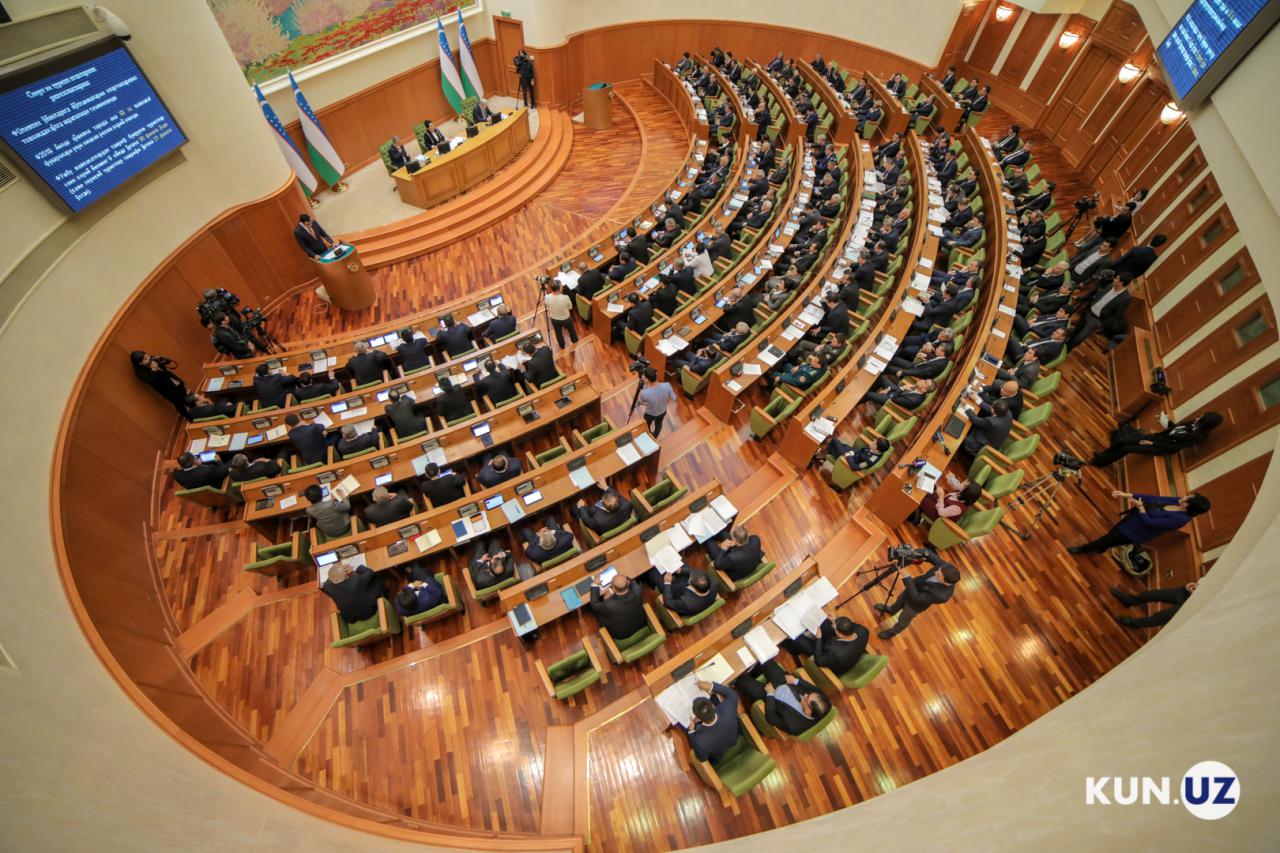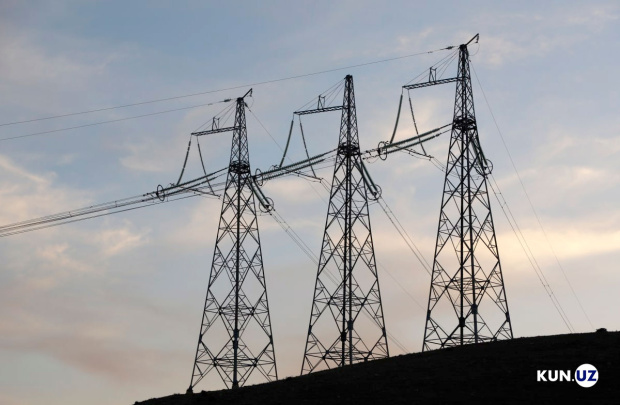At the plenary session, senators will consider a number of legislative acts and the most important issues aimed at strengthening the legal foundations of reforms carried out at a new stage of the country’s democratic development. The laws “On the tax code of the Republic of Uzbekistan”, “On amendments and addenda, as well as the recognition of certain legislative acts of the Republic of Uzbekistan as invalid in connection with the adoption of the Tax Code of Uzbekistan”, “On the state duty” “On investments and investment activities”, “On special economic zones”, “On the National Guard of the Republic of Uzbekistan” and “On pre-school education and upbringing” will be considered.
In addition, members of the Senate will discuss laws providing for amendments and additions to some legislative acts of Uzbekistan in connection with the radical improvement of the notary system and the activities of individual state bodies.
Senators will also consider the question of changing the border of Termez district and expanding the border of the city of Termez (Surkhandarya region).
At the plenary session, information will be heard from the Minister of Justice on the state of lawmaking and law enforcement practices of state bodies and organizations, as well as the report of the khokim of Navoi region on the development of territories and activities of local councils of people’s deputies.
Senators will also consider the results of the parliamentary inquiry sent to the Cabinet of Ministers on problems associated with the discharge of wastewater into water facilities.
In order to coordinate the work of the committees and apparatus of the Senate of Oliy Majlis in the preparation and conduct of the XXV plenary session, the Council formed a working group.
In addition, the Council instructed the Senate committees to pay special attention to protecting territorial interests when preparing questions for discussion at the plenary session, uncovering problems that concern the population of the regions, as well as developing specific recommendations for executive bodies to resolve them.






